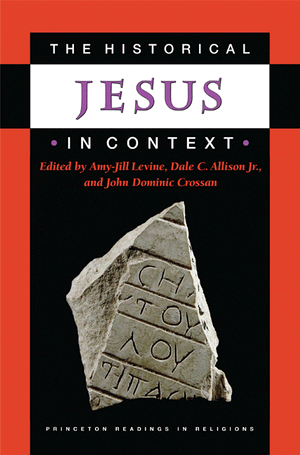A few centuries prior to dawn of renaissance in western Europe, one part of the old world, central Asia, experienced an intellectual awakening unparalleled in breadth in that region till these days.
Almost all of those intellectuals from central Asia and that period is called "Arabs" and "Arab renaissance", respectively, due to the fact that their works and frequently their names too were [in] Arabic.
Why "Arabs"? Because starting from the middle of 7th century AD (or CE) people from Arab peninsula began a successful proselytizing conquest that within next hundred years covered territories from Spain to India and China. Central Asians became a literally central players in Arab history and its renaissance.
It is hard to imagine that 1000 years ago when most of Europe was living in the "dark ages", people living in today's Afghanistan, for example, were producing scientists and writers who excelled in mathematics, astronomy, medicine and literature.
Names such as Al-Farabi, Ibn Sina, Al-Razi, Omar Khayyam, Al-Biruni, Ferdowsi, Al-Khwārizmī (and many, many more), all came from central Asia and Iran.
In this book, S. Frederick Starr provides a concise history of these "Arabs" and the world inhabited by them.
posted by David Usharauli
Tweet


